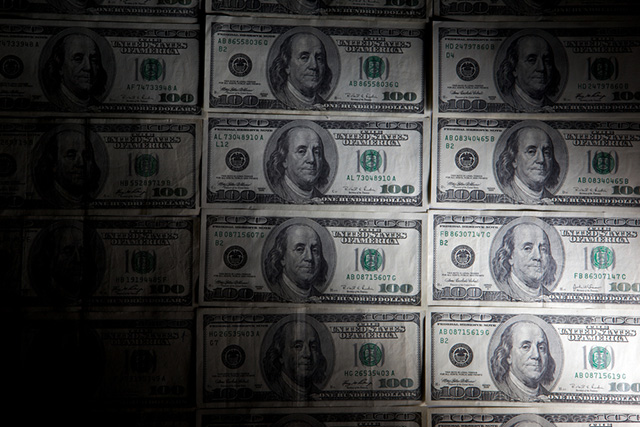
Part of the Series
Planet or Profit
Washington State’s attorney general has asked a court to penalize a trade group accused of breaking the state’s campaign finance disclosure laws by shielding major food companies’ donations to opponents of a 2013 GMO food-labeling ballot initiative.
As Truthout reported, voters rejected the statewide initiative by a slim margin after companies such as Monsanto, Pepsi, Kraft and Syngenta contributed millions of dollars to the opponents’ campaign, which set a state record for money spent against a ballot initiative. The failed ballot measure, Initiative 522, would have made Washington the first state to require special labels for groceries containing genetically modified ingredients, or GMOs.
Just weeks before Election Day, Washington Attorney General Bob Ferguson sued the Grocery Manufacturers Association (GMA), a trade group representing several of the initiative’s corporate opponents, which became the single largest donor to the “No on 522” campaign. Ferguson alleges the GMA attempted to skirt state disclosure laws by funneling $11 million from its members to the “No on 522” campaign without reporting the source of the money.
On January 22, Ferguson filed a motion asking a state court to issue a summary judgment against the GMA and penalize the group for its role in “the largest political funding concealment case in state history,” according to a press statement. Under state law, penalties could be as high as the amount of money that was allegedly concealed, and that penalty could be tripled if the violation is found to be intentional.
Ferguson has also requested the court publicly release legal filings and evidence that have remained sealed under court order because the GMA argues the documents contain confidential information.
“The crux of this case is transparency,” Ferguson said in a statement. “GMA intentionally shielded from public scrutiny the true identity of the companies who donated millions of dollars to this campaign – it was flagrant violation of state law.”
The GMA filed its own motion on January 22 to oppose Ferguson’s request for a summary judgment against the group, arguing that the state’s complaint is “an unconstitutional limitation on GMA’s freedom to speak on behalf of its members.”
“GMA argued that Washington’s administration of its disclosure law is hopelessly vague and improperly burdens the constitutionally protected right of trade associations to engage in political debate in Washington State,” said GMA spokesman Robert Lowe in a statement to Truthout.
Two days after the state filed suit in 2013, the GMA agreed to register with Washington’s campaign finance office and voluntarily disclose its sources, revealing that processed food companies such as Nestle, Coca-Cola and Pepsi had each quietly spent $1 million or more to defeat the initiative. Other major donors included ConAgra, Cargill and Campbell Soup Company.
In addition to the contributions from the GMA and its members, the agrichemical companies Monsanto, DuPont, Bayer CropScience and Dow AgroSciences each made massive donations to the labeling opponents. Monsanto topped the list with a whopping $5.4 million in contributions.
In 2012, many of the same companies spent millions of dollars to defeat a similar labeling initiative in California.
The “Yes on 522” campaign was widely supported by food justice and anti-GMO advocates and raised $7.7 million in campaign funds. Donors included manufacturers of organic foods and natural health products, such as Dr. Bronner’s Magic Soaps and Nature’s Path Foods. With help from its wealthy corporate donors, the “No on 22” campaign raised nearly three times as much money and defeated the initiative with 51 percent of the vote.
Dark money has become a frustrating political reality in recent years, but now that tough penalties are looming over the GMA, the corporate forces that influence elections may think twice before attempting to hide their political spending from public view.
Join us in defending the truth before it’s too late
The future of independent journalism is uncertain, and the consequences of losing it are too grave to ignore. To ensure Truthout remains safe, strong, and free, we need to raise $43,000 in the next 6 days. Every dollar raised goes directly toward the costs of producing news you can trust.
Please give what you can — because by supporting us with a tax-deductible donation, you’re not just preserving a source of news, you’re helping to safeguard what’s left of our democracy.